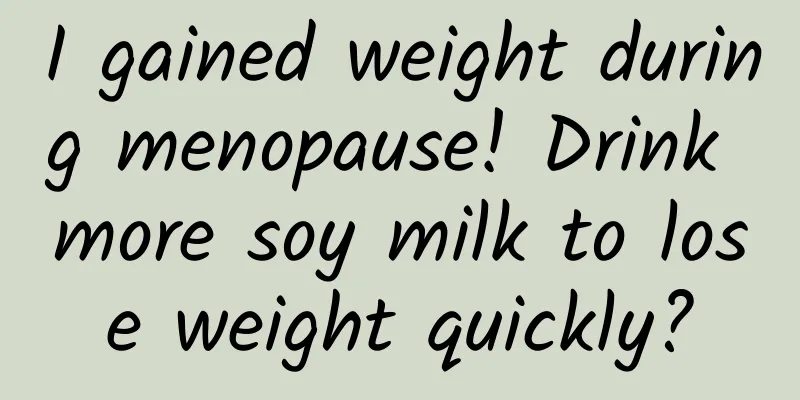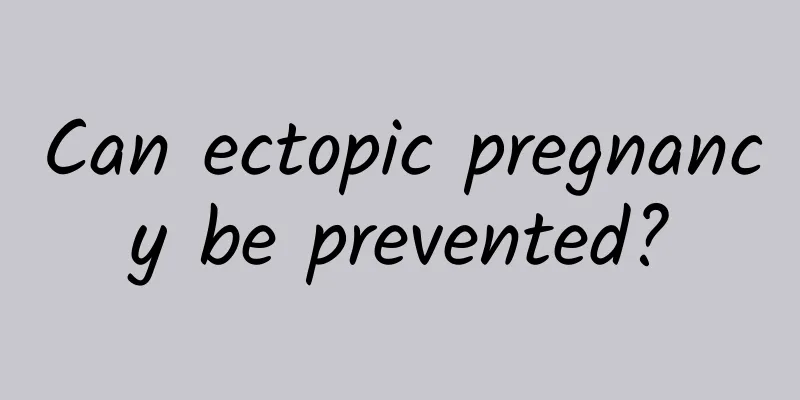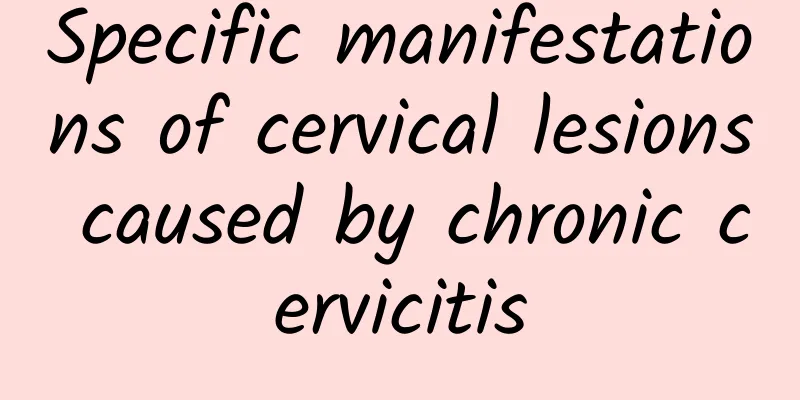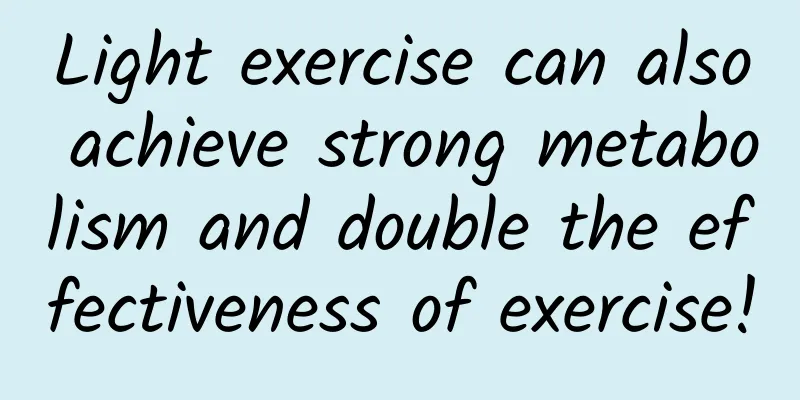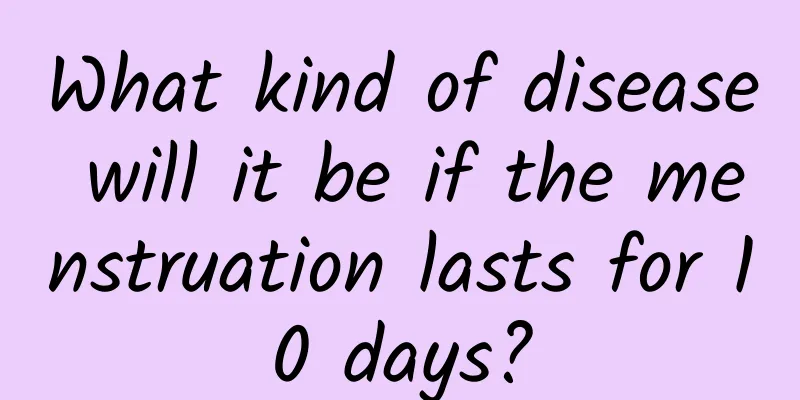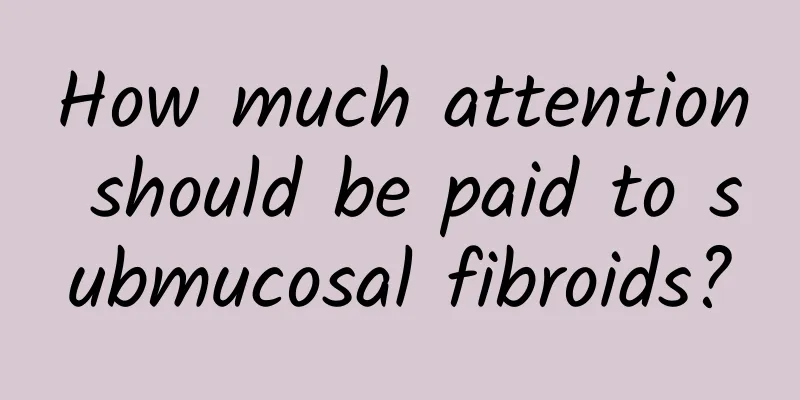Not ketogenic, not low sugar, the effect is just as good! Nutritionists recommend a gentle sugar-reducing diet
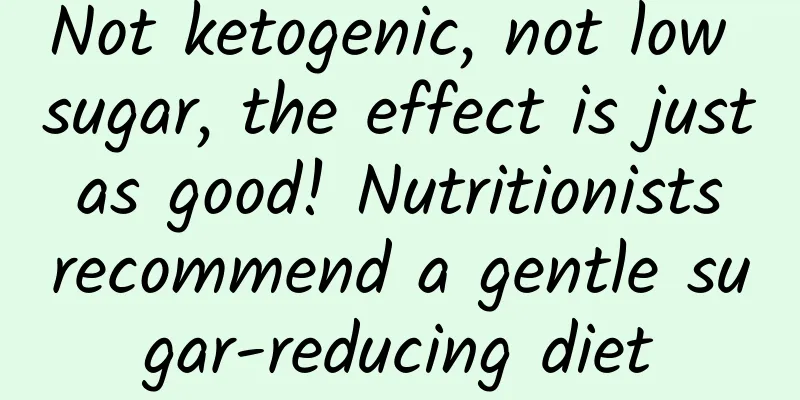
|
The fat loss plan that I have been talking about for a long time has finally started. It has been more than a year since the last time I actively lost weight (28 to 24%). Although my weight and body fat have occasionally fluctuated over the past year, I have generally maintained a good figure because a healthy diet has long been ingrained in me and I exercise regularly. (Photo provided by nutritionist Sun Yuming) Strictly speaking, my body is very healthy. My BMI, body fat, blood fat, and various biochemical values are normal. I can be said to be in perfect health. However, I still have unrealistic visions of my body. If I had a six-pack on my abdomen or if my legs could be thinner, perhaps I could wear more beautiful clothes or run on the beach in a bikini. (Sorry! I'm really superficial XD) Over the past year or so, I have strictly controlled calories several times, that is, the so-called low-calorie balanced diet. I lost some weight, but my body fat remained as heavy as a mountain. I thought that maybe my body composition has reached a balance, so I just gave up. Why should I reduce sugar? In recent years, ketogenic and low-sugar diets have become very popular. I have a strong curiosity and interest in various dietary patterns. Although the extreme low-sugar and high-fat diets are not absolutely safe at present, and the effects vary from person to person, it is undeniable that in terms of short-term fat and weight loss, many studies have confirmed that the effects of ketogenic and low-sugar diets are always better than other diets. (Photo provided by nutritionist Sun Yuming) But leaving aside the scientific evidence, I am very resistant to the super high-fat ketogenic diet because I hate eating fatty meat. From childhood to adulthood, as long as pork belly, pork belly, pork belly... and other meats appear on my plate, I will pick them out and not eat them. I love the delicious fried chicken, but every time I eat it, I always get a pimple or acne the next day, and it never fails! Compared with the ketogenic diet, the low-sugar diet is relatively more flexible. You can eat a small amount of carbohydrates (rice, pasta, fruits, etc.), and the proportion of fat does not need to be so high. It is a more humane diet pattern. To be honest, I am a complete starch addict. Forbidding starch will really kill me. I have loved eating noodles, bread and various flour products since I was a child, but meat is not that attractive to me. No wonder I have been a puffy person since I started to be conscious of my body shape, and I need to rely on controlling my diet to maintain my figure. It is not shameful to admit your likes and dislikes, because only by understanding yourself can you find the fat-loss method that suits you best. So, this time I arranged for myself not a very strict low-sugar diet, but a modified version of a moderate low-sugar diet (reduced-sugar diet) , which slightly reduces the proportion of carbohydrates. The main purpose is to consciously control my sugar intake, get rid of my crazy love for starchy foods, and increase the proportion of beans, fish, eggs and meat to observe whether the fat-loss process can be smoother. (Photo provided by nutritionist Sun Yuming) What is a moderately low-carb diet? Why is it good for your health? Low-sugar diets are divided into extremely low-sugar diets, low-sugar diets, and moderately low-sugar diets according to the strictness of sugar restriction. Very low-carbohydrate ketogenic diet (VLCKD): sugar 20-50 gm/day or <10% of total calories Low-carbohydrate diet: Sugar 130 gm/day or <26% of total calories Moderate-carbohydrate diet: Sugar 26-45% of total calories Processed and refined carbohydrates are the main cause of obesity. Excessive intake of refined starch can easily cause a large amount of insulin secretion, leading to the storage of glucose into fat cells, resulting in increased body fat. Refined carbohydrates are often accompanied by high oil content (that's why they taste good XD), such as cakes, muffins, macarons... These foods are extremely high in calories if you eat just a little bit, but the sense of fullness is very low, and they can easily cause large fluctuations and addiction. You will feel hungry all of a sudden after eating, and will want to eat more and more. Therefore, quitting refined sugar is absolutely necessary during fat loss! In addition, there is increasing evidence that too much sugar can damage your health, so consciously reducing sugar intake has many benefits for your body! Like: 1. Prevent skin aging Too much refined sugar will cause glycation reaction, which is the process of sugar foods combining with proteins and lipids in different organs of the body. Under the influence of glycation, proteins will be destroyed and their normal functions will be affected, causing collagen to be damaged, leading to skin aging and loss of elasticity, and dryness, wrinkles, and sagging will appear one by one. 2. Stay away from chronic diseases Refined sugars tend to increase the synthesis of body fat (especially visceral fat). Visceral fat is positively correlated with the incidence of hypertension, diabetes, hyperlipidemia, and cardiovascular disease. Studies have shown that people who drink sugary drinks for a long time have higher blood sugar and blood fat indexes (triglycerides, APO-B lipoprotein, and oxidized LDL). 3. Maintain brain concentration and learning ability Consuming too much refined sugar can damage brain memory and impair learning ability. Studies have shown that sugary drinks can cause inflammation in the hippocampus, the part of the brain responsible for regulating learning and memory, affecting memory and concentration, and even causing attention deficit hyperactivity disorder. Refined starch has many disadvantages, but appropriate high-quality starch is necessary during fat loss! Completely banning carbohydrates will hinder fat metabolism, accelerate muscle loss, affect mood and concentration, and due to the difficulty in implementation, it is easy to encounter a period of stagnation or a big rebound. In the long run, it is very likely that you will become weak and bloated. Many studies have also pointed out that long-term ketogenic or very low-sugar diets will increase blood cholesterol and inflammatory responses in the body, and compared with other diets, the effects may not be better (it may be harmful to the body and ineffective). Therefore, for the intake of carbohydrates, it is necessary to reduce sugar and improve the quality ! (Photo provided by nutritionist Sun Yuming) How to implement a sugar-reducing diet? A reduced-sugar diet (moderately low-sugar diet) is not as strict as an ultra-low-sugar or ketogenic diet. You can still eat rice, noodles, and fruits in your daily diet, but because the total sugar amount needs to be controlled, there is no limit on desserts or beverages outside of meals (if you really want it, just have a small bite); plus the quality needs to be controlled, so try to choose original or high-fiber foods to eat, such as whole grains, oats, sweet potatoes, corn... The calories for moderate low sugar diet and normal diet are calculated as 1500kcal. (Photo provided by nutritionist Sun Yuming) How to eat 40% of total calories from carbohydrates? For an adult woman like me, the principle is to eat no more than 1/2 bowl of rice per meal and no more than 2 servings of fruit throughout the day. It is generally not too difficult to implement. I don't have a small stomach. I eat a normal amount and have a normal appetite. When the amount of rice is reduced, I need to increase the amount of beans, fish, eggs, meat and fat to avoid hunger. However, this is exactly the reason why I deliberately reduce sugar. After all, I often eat too much starch and do not get enough protein. After doing it for about a week, although there were occasional mistakes, I generally didn't feel any pain, probably because I was very focused on food selection and portion control. I lost 0.5kg. Although there is not much change in body fat at present, the change in eating patterns cannot be viewed only in the short term. I still maintain an exercise frequency of more than 3 times a week, and I have also started to seek guidance from a coach for weight training. I hope the data will change positively. The content comes from the blog of nutritionist Sun Yuming, who loves to talk For more details, please see Nutritionist Loves to Talk - Sun Yuming Nutritionist Blog |
<<: Not just for losing weight! 10 reasons why you and I must continue to exercise and keep fit
Recommend
How to treat uterine fibroids that are 1 cm long?
How to treat uterine fibroids that are 1 cm long?...
What causes threatened miscarriage?
Threatened abortion is a condition that pregnant ...
Edema and inability to lose weight have evil causes. Drink banana gradient milk to eliminate sodium.
Who says edema is caused by drinking too much wat...
Causes of postmenopausal bleeding
Normally, it is a benign disease, such as cervica...
Will I have an ectopic pregnancy after having an IUD inserted? Increase the chance of ectopic pregnancy
The intrauterine contraceptive device is what we ...
How to use medicine for irregular menstruation in women? Women need to pay attention to these 4 points when using medicine for irregular menstruation
Hormonal Disorders: Hormonal disorders are the ma...
Women should pay attention to the prevention measures of ectopic pregnancy in daily life
Women should know something about ectopic pregnan...
Treatment of vaginitis
Vaginitis is a common gynecological disease that ...
Expert answer: Can you get pregnant if you have uterine fibroids?
Uterine fibroids are a very common gynecological ...
Beware of the clinical manifestations of chronic pelvic inflammatory disease
Pelvic inflammatory disease is a common gynecolog...
Will uterine fibroids affect pregnancy? How big will uterine fibroids affect pregnancy?
Uterine fibroids are a common gynecological tumor...
Do people who exercise to lose weight need to fast at night? Nutritionist Song Minghua: 4 tips to help consume energy
People who want to lose weight may have tried the...
How can women prevent ovarian cysts?
Daily life conditioning is very important for pre...
Overview of Pelvic Inflammatory Disease
Pelvic inflammatory disease refers to inflammatio...
What are the causes of pelvic inflammatory disease?
Although pelvic inflammatory disease is a relativ...
